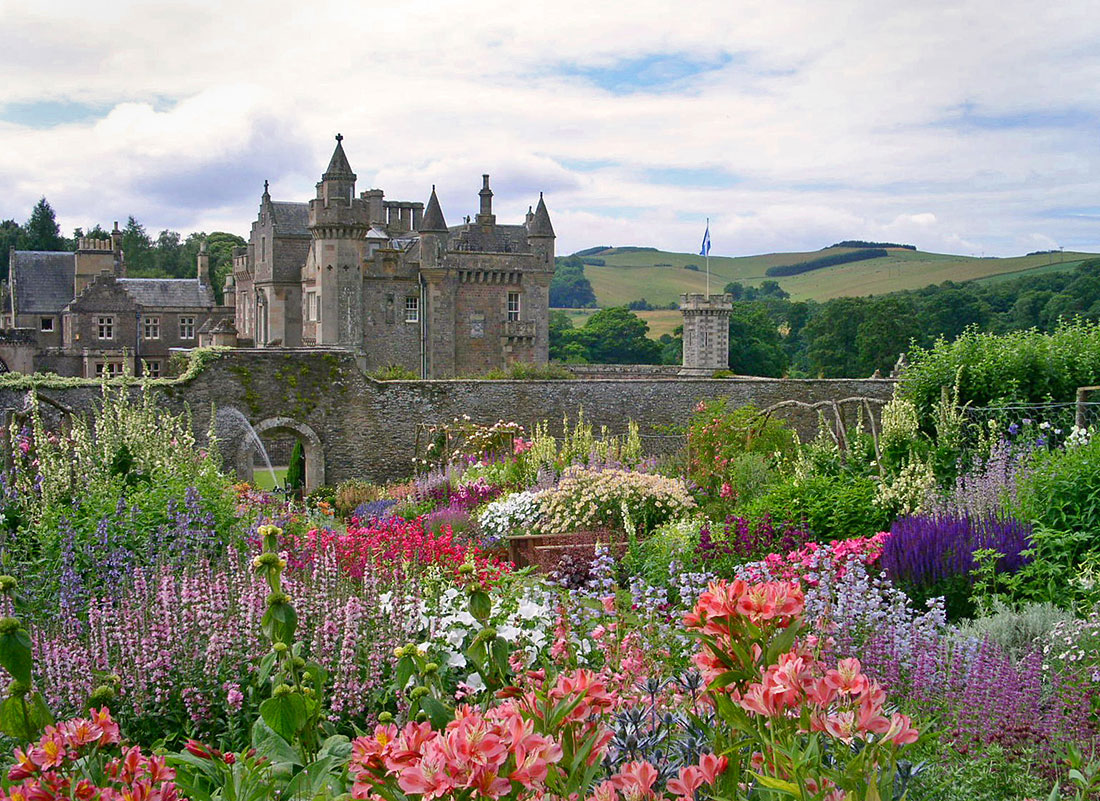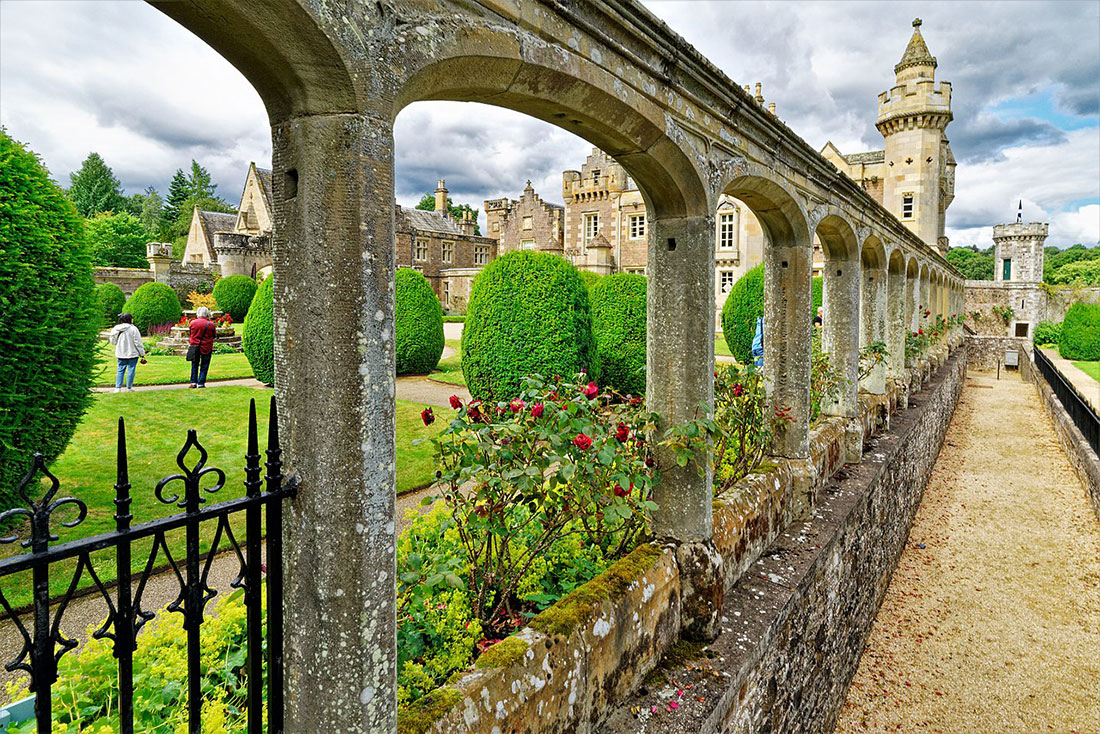Abbotsford House is a large country estate in the Scottish Borders, best known as the home of the historical novelist and poet Sir Walter Scott. Scott greatly expanded the house and surrounding area. He hosted writers, politicians, nobles and ordinary readers here during his lifetime, and after his death the complex became a place of literary pilgrimage.
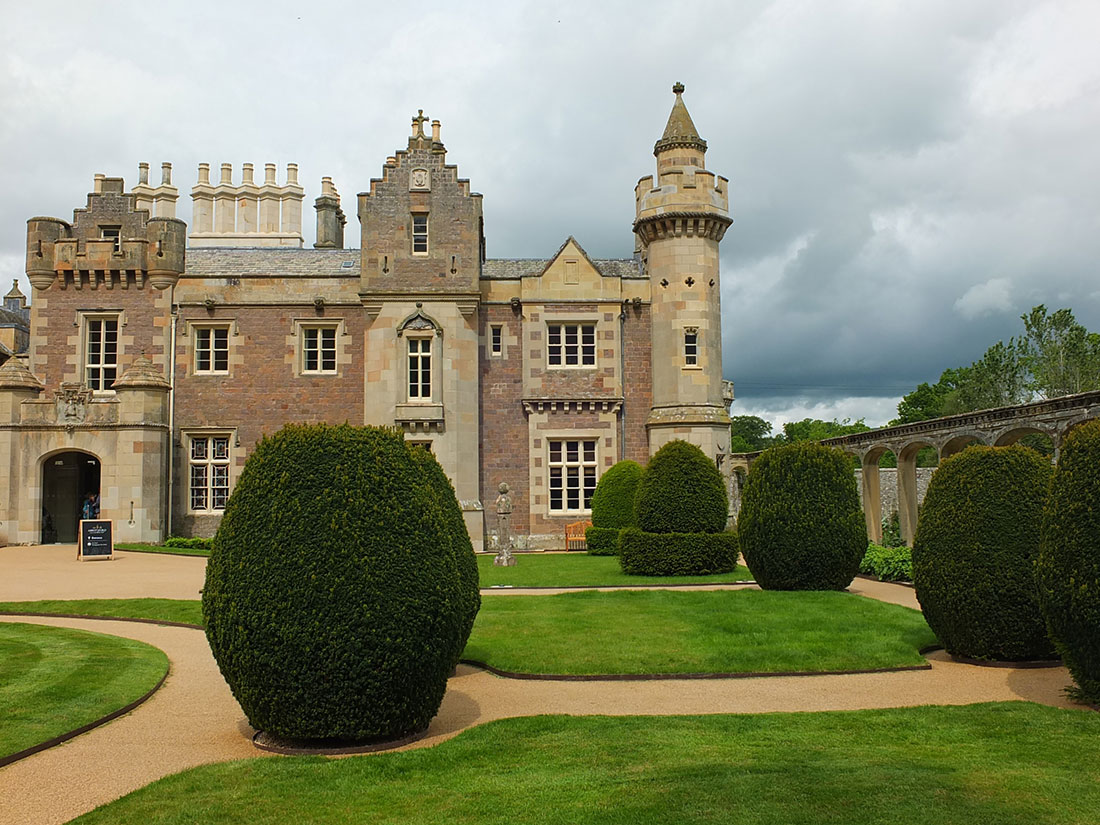
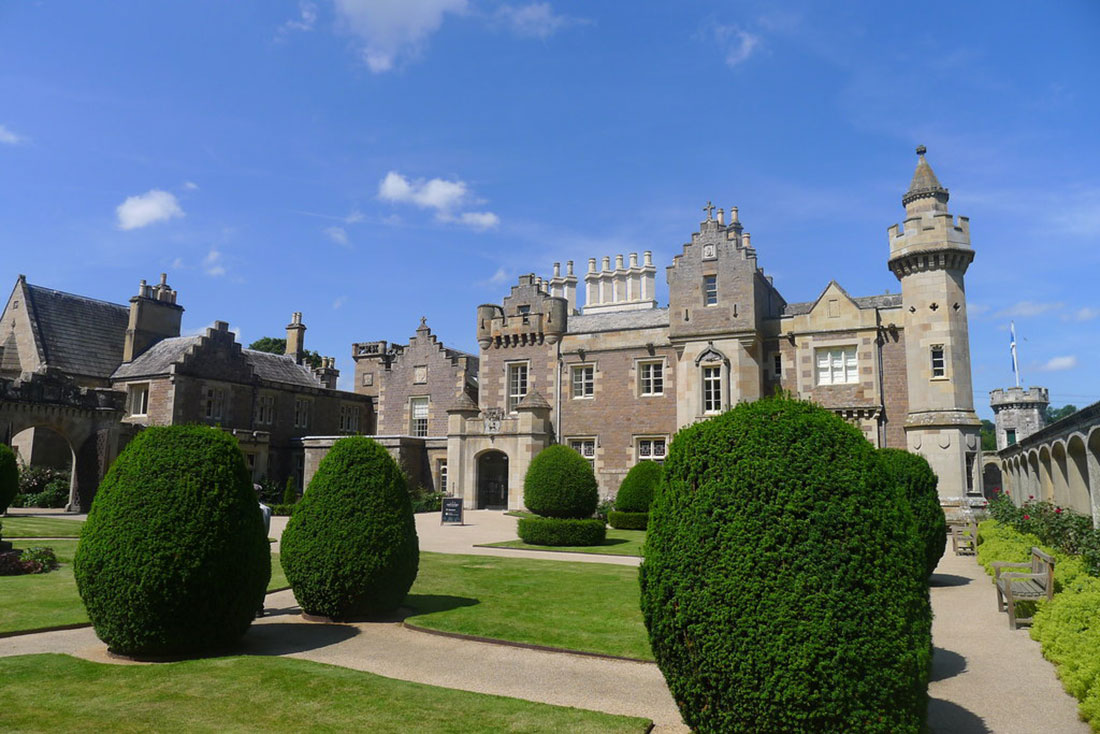
In 1811, Walter Scott bought a modest farmhouse known as Carley Hole near Melrose. A few years later he extended the farm to the southwest, but in 1821–1822 he hired the architect William Atkinson to completely redesign the building.
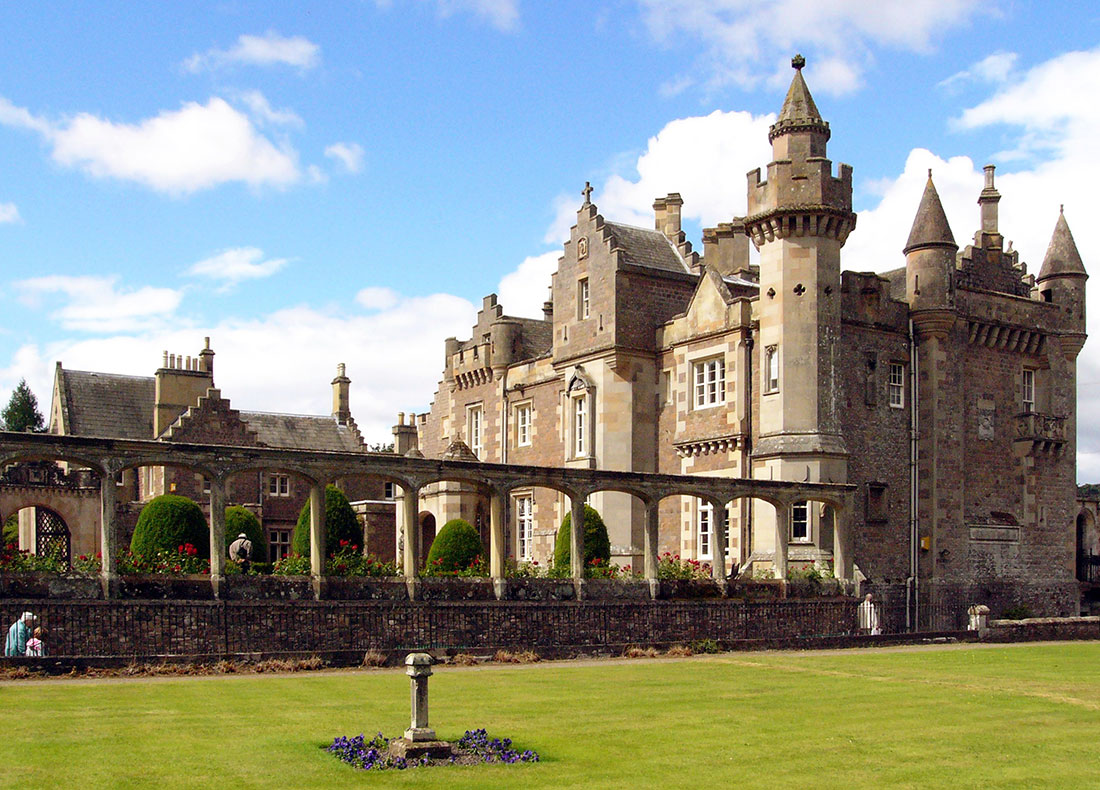
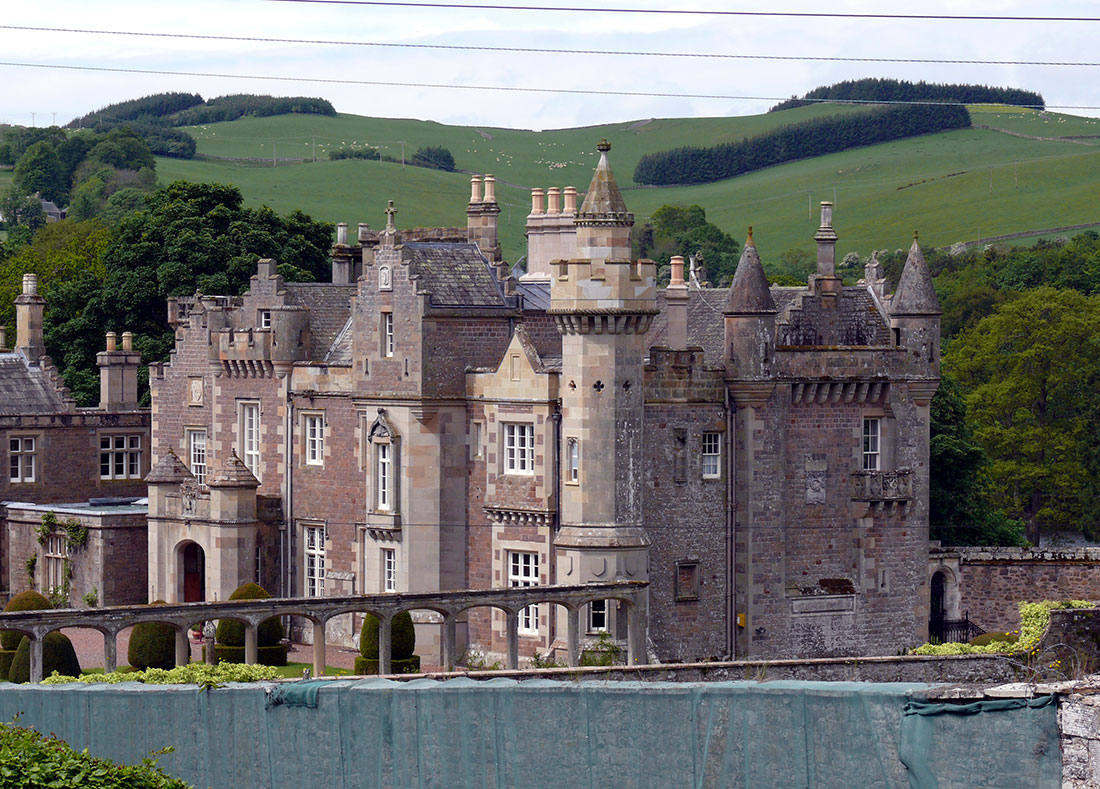
The farmhouse was completely demolished, and construction began on a new, much larger mansion in a whimsical style, which would later be called the Scottish baronial. Scott was so popular as a writer that his new home set an architectural vogue that influenced Scottish buildings throughout the 19th century.
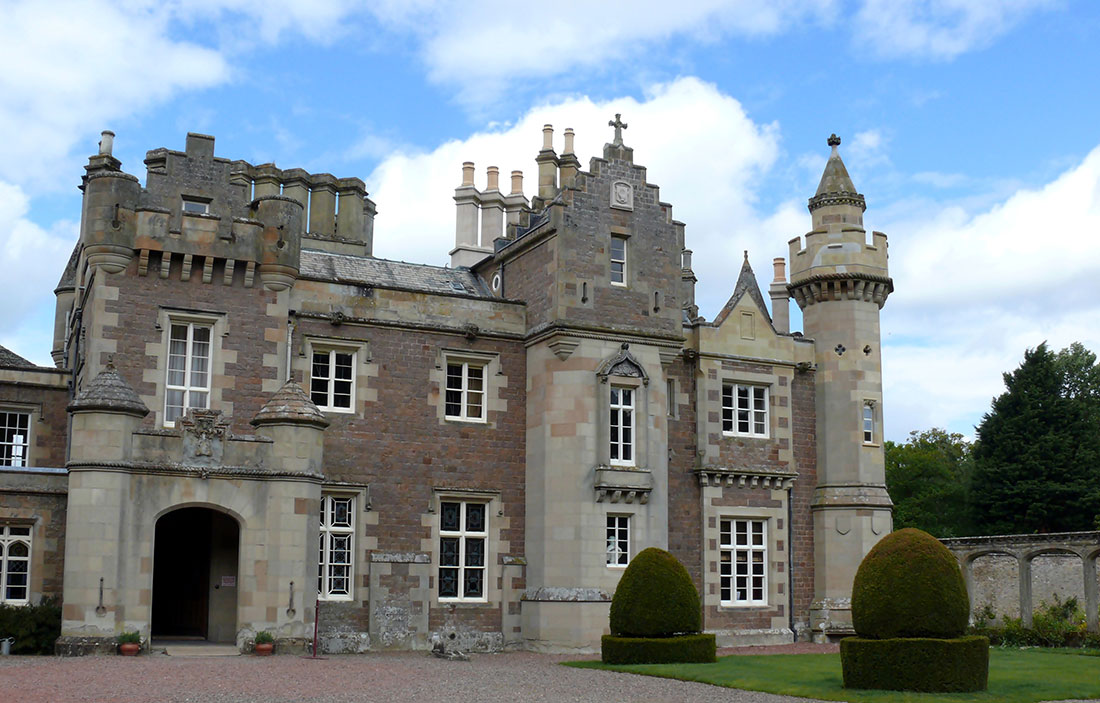
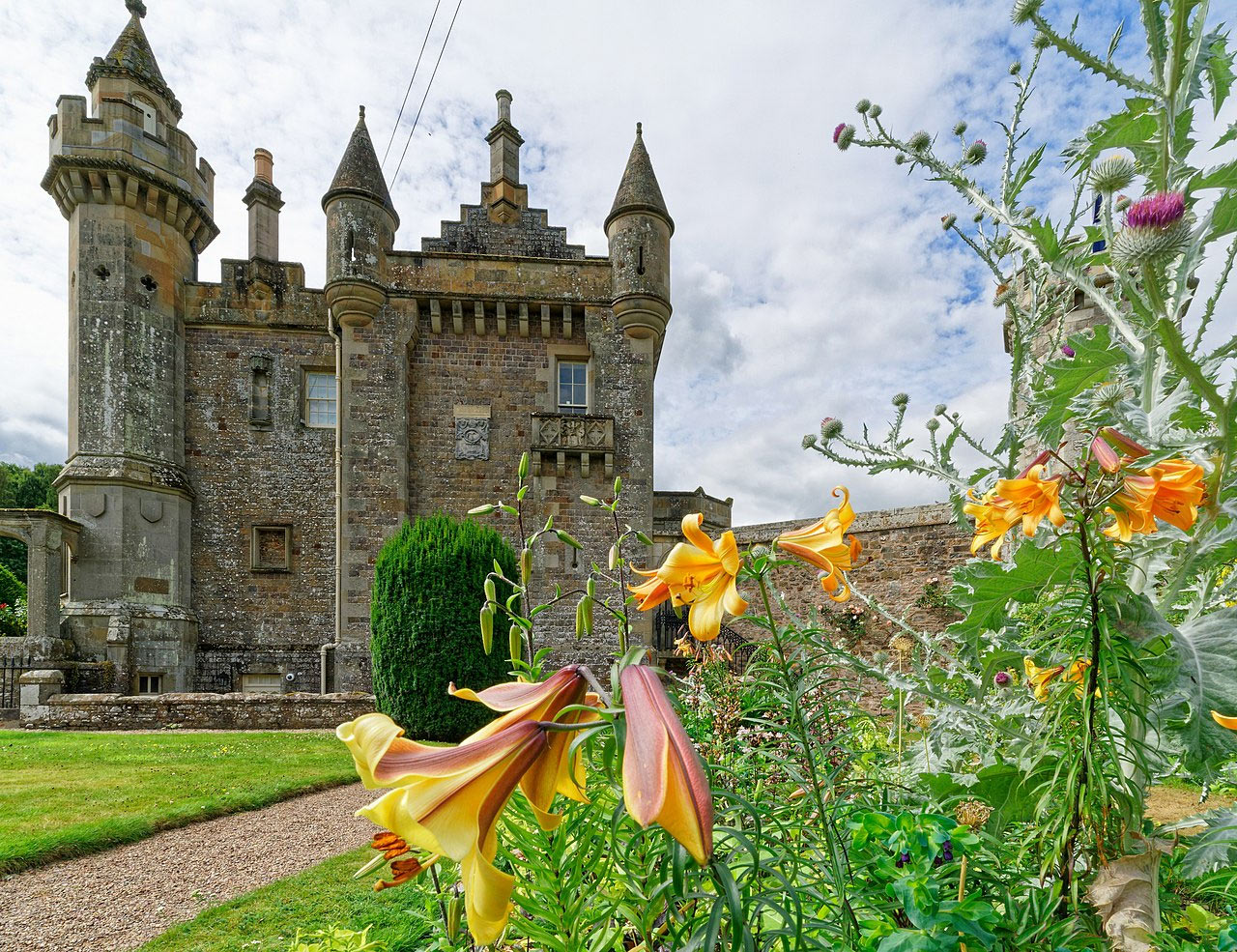
Scott was an avid collector of books, artifacts, weapons and other items, and hundreds of them can still be seen in the collections of the Abbotsford House. But his most prized possession was his house
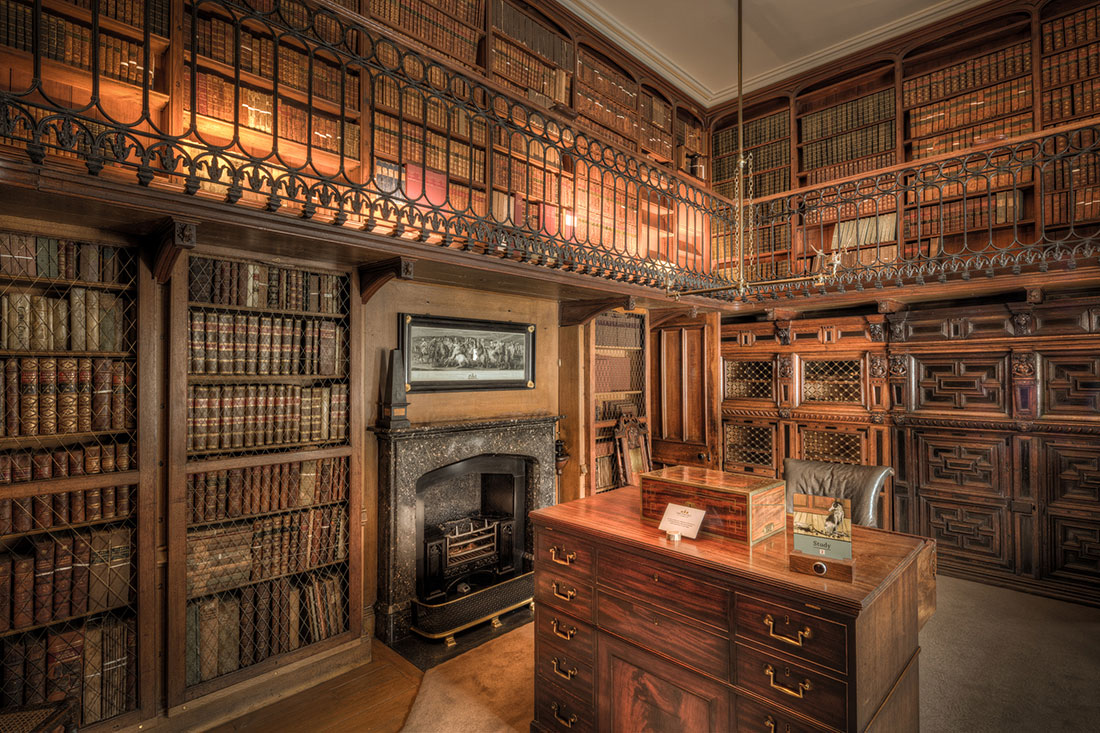
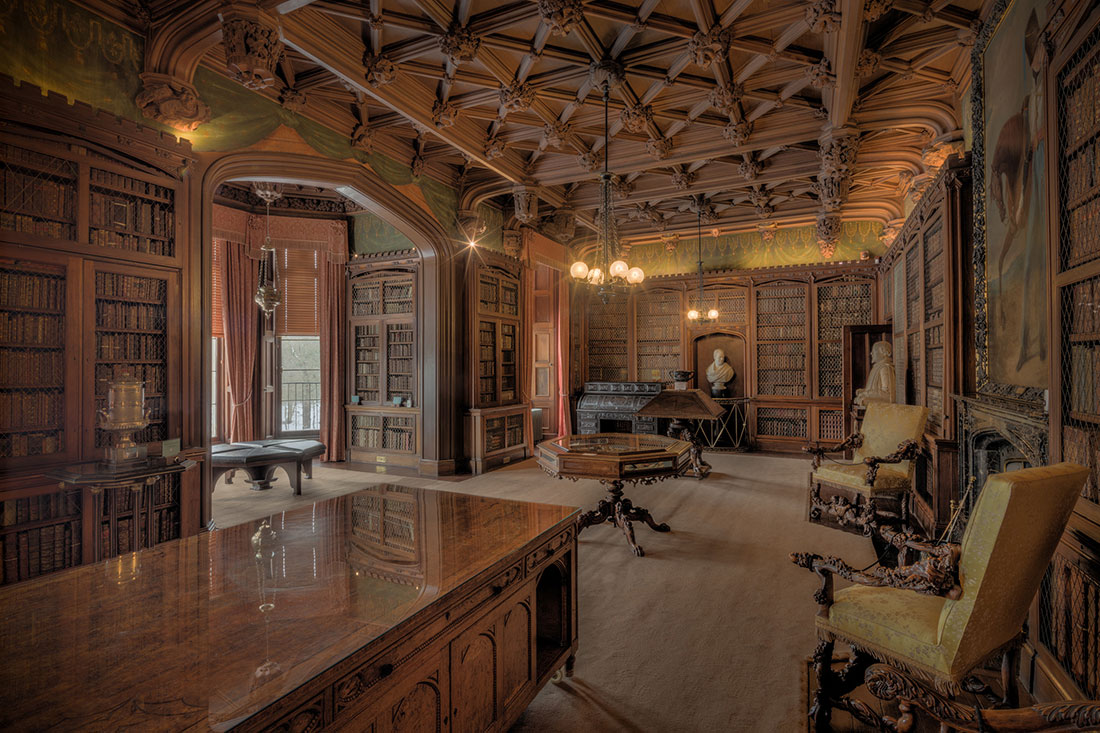
The popularity of the house led to the Abbotsford style being copied and refined, eventually resulting in a very typical Victorian style that we now refer to as the Scottish Baronial style. One of those affected by the building was Queen Victoria herself. She stayed at Abbotsford House on her first trip to Scotland and was so impressed by Scott’s house that she rebuilt Balmoral Castle in the same style.
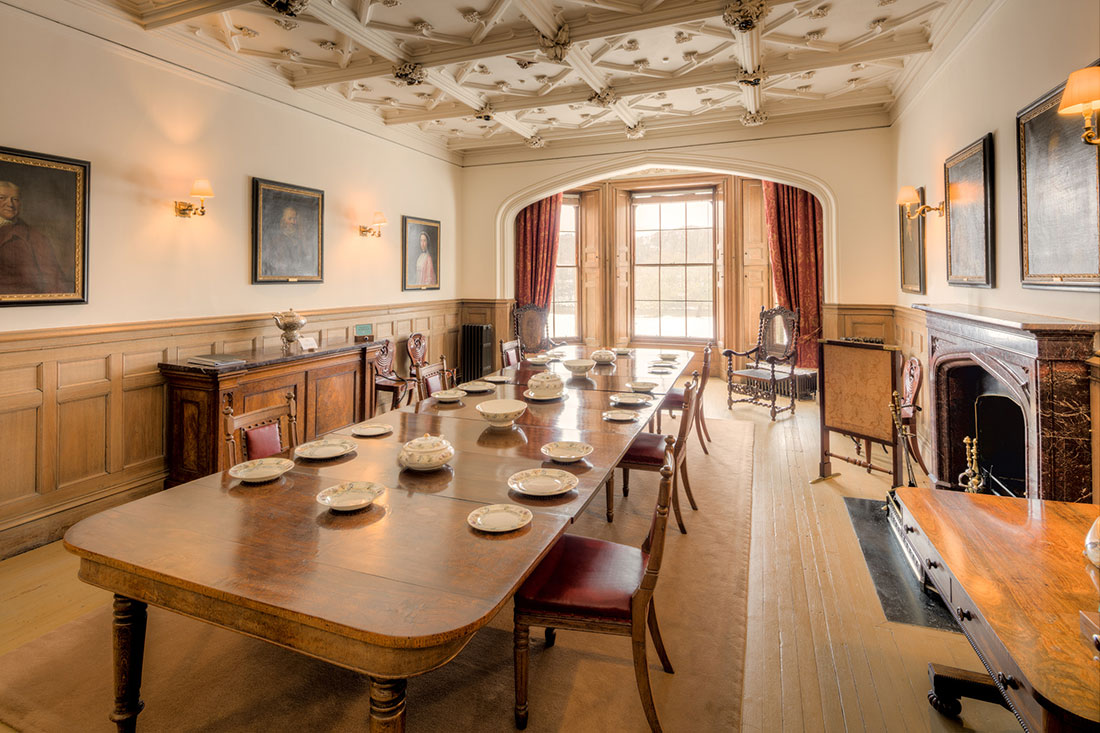
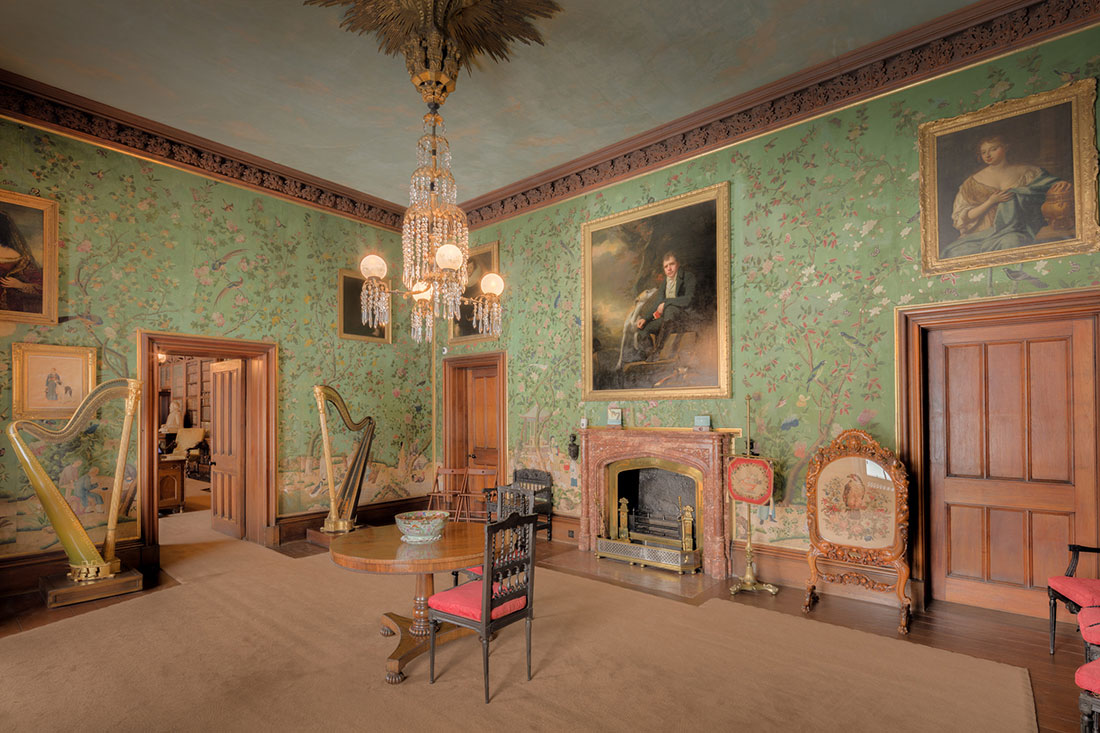
For almost two centuries, the Abbotsford mansion was in the possession of the writer and his descendants, but in 2004 it was taken over by a charitable foundation. A new visitor center has been built, featuring exhibits on the life and work of Sir Walter Scott as well the history and development of the house.
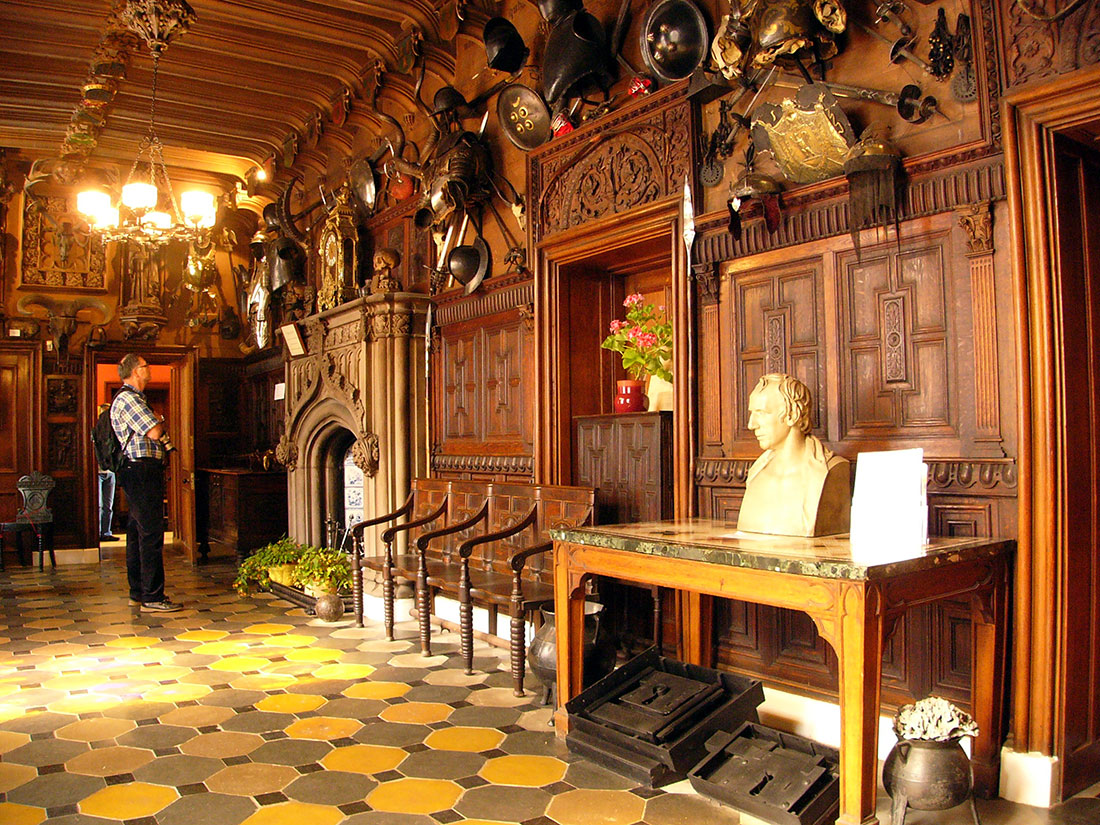
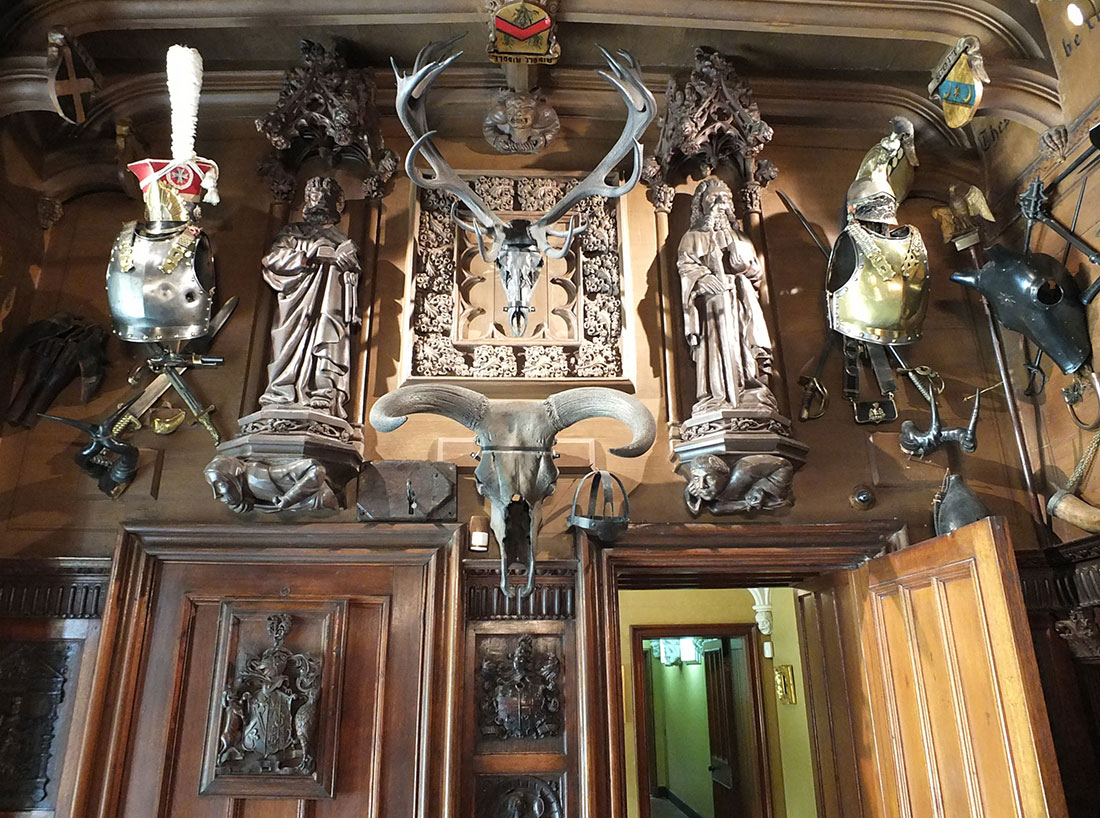
Today, Abbotsford House and its beautiful surrounding woods and gardens, located on the banks of the River Tweed in Scotland, are open to the public.
